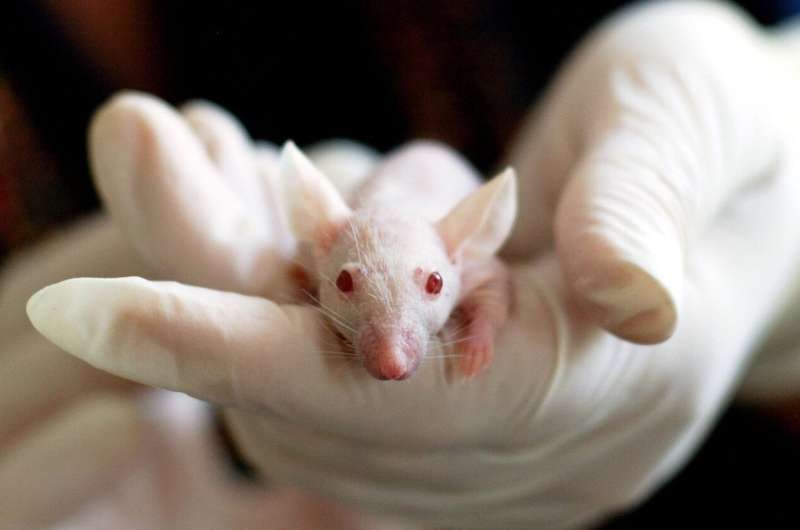This study examines how people systematically attribute fewer mental and cognitive abilities to animals described in a laboratory context, compared to animals presented through their physical characteristics. This psychological detachment allows us to more easily justify the use of animals in scientific experiments, even when it causes them to suffer. The findings highlight the troubling tendency to objectify lab animals and deny their sentience, a troubling phenomenon with profound ethical implications. Animal consciousness and the ethics of animal testing are complex issues that warrant deeper consideration.

Psychological Distancing from Lab Animals
Our research shows that when an animal is presented as a laboratory subject, people are motivated to deny its cognitive abilities and mental capacities. This psychological distancing allows us to more easily justify the use of animals in scientific experiments, even when those experiments involve causing them to suffer.
The study found that participants systematically attributed fewer mental and cognitive abilities to animals described in a laboratory context, compared to animals presented through their physical characteristics. This effect held true across different animals, such as hamsters, mice, and beagles, as well as in various experimental scenarios, including animals in pain and animals not in pain.
Objectifying Lab Animals as “Hairy Test Tubes”
The use of euphemisms, avoiding the use of animal names, and the reduction of their cognitive abilities all serve the same function: to reduce the animals to the status of inanimate objects, or as the study describes, “hairy test tubes” lacking in sentience. This objectification makes it psychologically easier to justify their use in scientific experiments and quell any moral conflict we might feel.
Similar psychological maneuvers have been observed in the context of meat consumption, where people will lower their estimate of an animal’s cognitive abilities if they are told it is destined for the butcher. By denying the mental capacities of animals, we can more easily rationalize their suffering and death.
The Ethical Dilemma of Animal Experimentation
Animal experimentation is a complex and contentious issue, with many factors influencing people’s views. While the perceived benefits to human health are often used to justify animal suffering, the scientific value of such experiments is much debated, with only a small fraction of studies concluding that animal experimentation is truly useful.
As society becomes increasingly opposed to animal exploitation, particularly of animals most similar to humans, the ethical dilemma deepens. We must grapple with the tension between our empathy for animal suffering and our belief in the necessity of animal research. The findings of this study suggest that our tendency to deny the cognitive abilities of lab animals is a psychological mechanism that allows us to resolve this moral conflict, but at what cost to our ethical principles?
